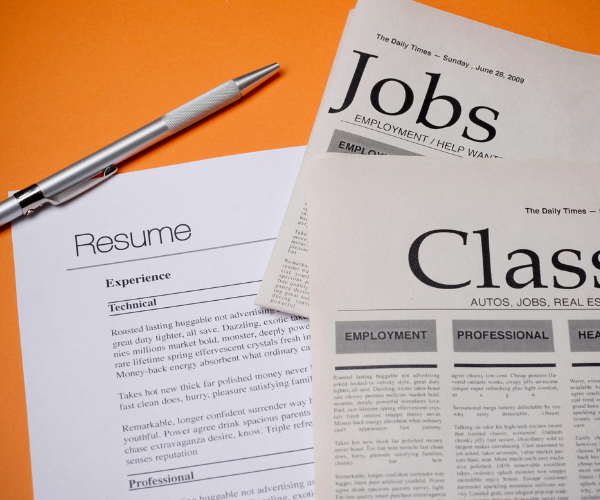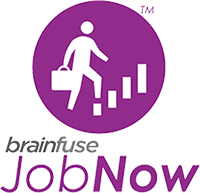5 Tips for a Remarkable Resume

By Erin Collier - Plummer, Youth Services Manager
March 16, 2023
In today's competitive job market, having a strong and effective resume is essential for anyone seeking employment. A resume is not just a document that lists your skills and experiences; it is your personal marketing tool that showcases your unique qualities and qualifications to potential employers. Crafting a well-written and visually appealing resume takes time and effort, but the rewards are worth it. In this blog, we will explore the key components of building a successful resume, from choosing the right format and structure to highlighting your achievements and skills. Whether you're a recent graduate, changing careers, or looking to advance in your field, these tips and strategies will help you create a compelling and impressive resume that will land you your dream job.
For more help with resumes and job-related questions, be sure to visit our Online Business Center and get help from resources such as Udemy Business and Gale. Additionally, connect with a LIVE resume expert to review and help build a winning resume through the JobNow resource.
1. General
- Your resume should be customized to match the position; this includes your professional summary/objective.
- One page whenever possible (cut out the clutter). No less than 1” margins on each side.
- Font no smaller than 11 pt. No fancy fonts; use Arial, Helvetica, Calibri, Times New Roman, or similar.
- Proofread and ask someone else to proofread. The Library provides live resume help through JobNow.
2. Experience
- Incorporate keywords from the job description when it makes sense to do so. Hiring managers or recruiters look for these when they scan for qualifications.
- Professional summary/objective should cover only the skills relevant to the position; keep it to 1-2 sentences at most.
- Use bullet points and brief descriptions using action words and active voice.
- Don't be afraid to list relevant volunteer experience.
3. Education
- Unless you just graduated high school or college, omit awards and honors unless they are somehow related to the position.
- List your most recent school first (reverse chronological order, just like experience)
4. Skills, Awards, and Certifications
- As a rule, you want to emphasize those that somehow relate to the position and/or demonstrate the skills the employer is looking for.
- Be prepared to back up those skills during an interview.
5. References
- Get permission first! Always make sure your references will speak highly of you. Make sure they will be available.
- Reference letters are nice but not a substitute for a phone call or email exchange. Include contact information that is up to date.
- Professional references are stronger than personal ones.

Resume Expert Assistance
- Live Resume Expert Help
- Resume Templates
- Live Interview Help
- And more!